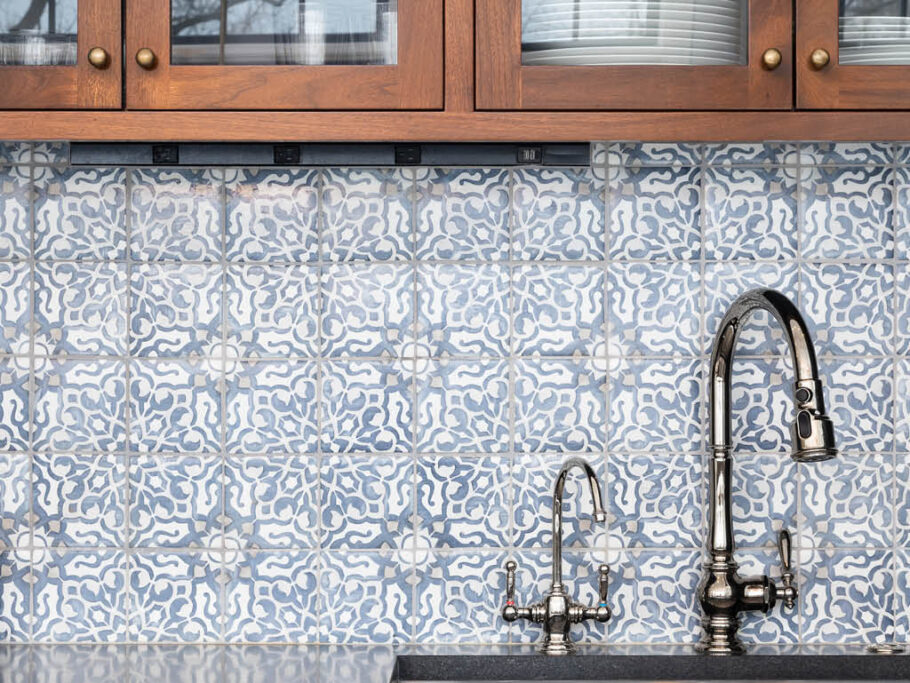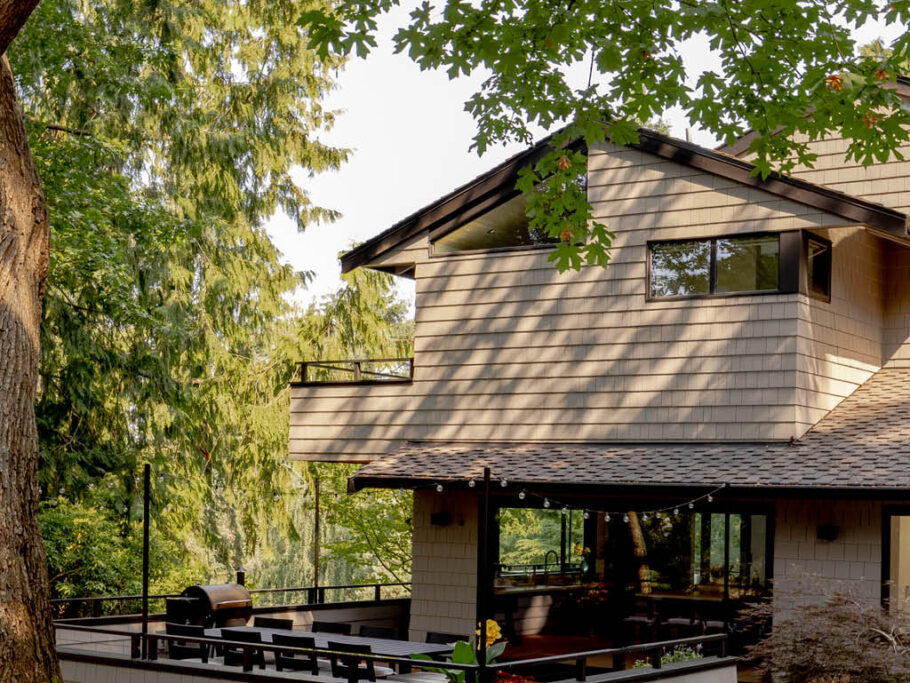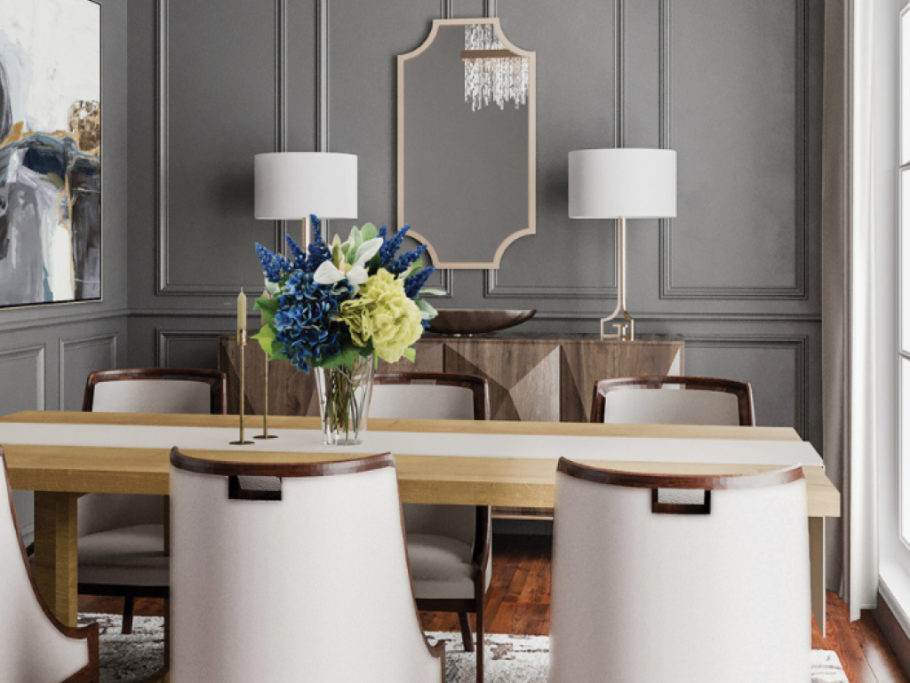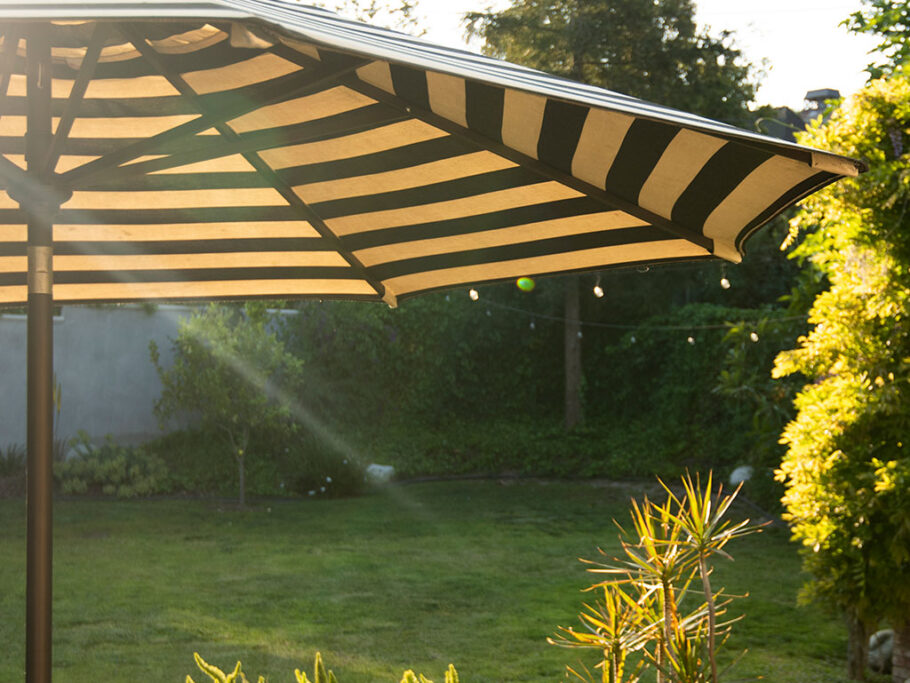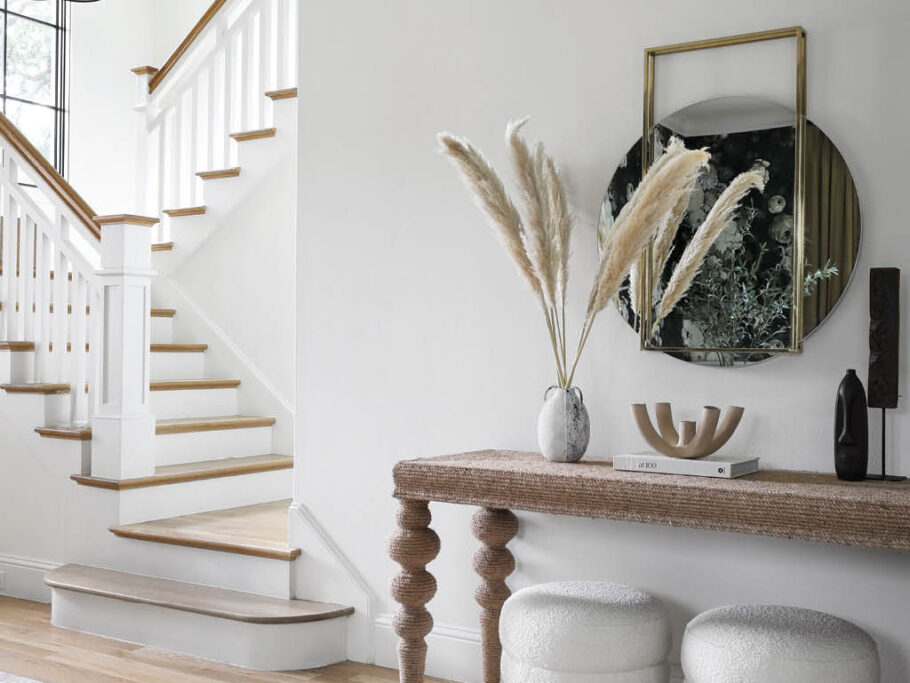Why the 20 Percent Down Payment Isn’t Always the Best Option
The 20 percent down payment on a conventional loan is one of those “everybody knows” items, as in “everybody knows you have to put 20 percent down.” In reality, however, there are a variety of down payment options available in the mortgage marketplace, and a 20 percent down payment may not be the best choice for your particular home purchase scenario. Find out what you need to know to determine the down payment amount that’s right for you and for your next home purchase.
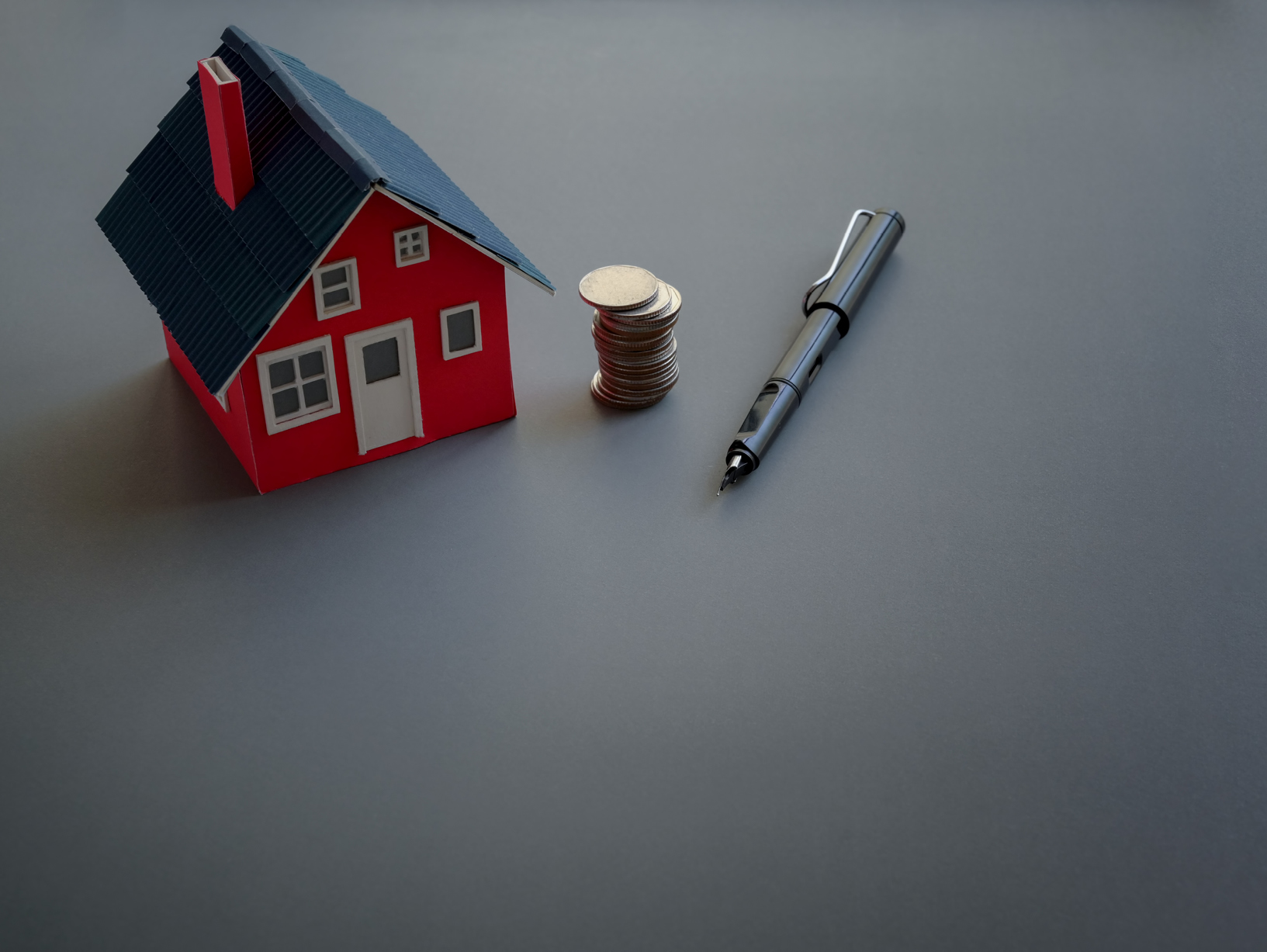
Your down payment depends on the loan you choose.
Different loans require different down payments, from zero percent in the case of the USDA or VA loan to 3.5 percent on an FHA loan to varying levels on the different conventional loans on the market. While you may choose a low down payment loan product, you are not obligated to put down the minimum—you may choose to put more money down in order to increase your equity and limit the amount of money you’ll have to finance.
Private Mortgage Insurance (PMI)
One of the reasons most buyers assume they should have a 20 percent down payment is in order to avoid private mortgage insurance or PMI. For homes with less than 20 percent equity, most lenders require PMI in order to protect their stake in the loan in the event that your home value drops and you stop making payments on the loan. One exception is the VA loan, which at 0 percent doesn’t require PMI because of the amount of the VA entitlement, which usually amounts to more than 20 percent of the home’s value.
In most cases, PMI is paid for each month and added to the mortgage payment, just like prorated insurance and tax payments, though it can be paid upfront as well. For low down payment products, like an FHA loan, PMI is required. You may then refinance into a conventional loan without PMI once you have reached 20 percent equity. In some conventional loan cases, you can ask the lender to waive PMI once you have reached 20 percent equity.

When a bigger down payment may be beneficial
In some cases, a bigger down payment is helpful to meet other financial goals. For example, if you are a retiree living on a fixed income, you may want to put down a significant amount of money in order to minimize your monthly mortgage payment. This may also be the case if you have significant savings that are sitting in a low-interest savings account. These funds may be more valuable applied to the purchase of a home.
In addition, if you would like to maximize your home purchase while keeping your monthly payment low, a bigger down payment will help. By reducing the amount of money you’ll have to finance, the larger down payment can help you get more home while maintaining a reasonable monthly housing budget.

Risks of a bigger down payment
In many cases, however, a bigger down payment may undermine your home buying goals and even push you into a negative financial situation.
For example, many homebuyers overextend themselves to put every last nickel into the largest possible down payment, assuming that this will pay dividends in the future. However, this may leave them cash-strapped and lacking the funds for needed upkeep, repairs, and improvements to the home.
In addition, the money you use as a down payment isn’t easy to access. You would either have to sell your home to get some of that money or take out a home equity loan or line of credit. That will end up costing you in initiation and closing fees along with interest on the loan itself. If you think that you would be overextending yourself by making a large down payment, it might be a better idea to put some of that money into savings or a short-term investment instrument instead.
Large down payments also undermine your ability to realize a significant return on investment for the cash you put down. If your home appreciates at an average of five percent each year, you are only realizing ROI on the money that you’ve financed. That’s because you can earn much higher returns on that down payment money in a mutual or index fund, rather than parking it in your home.
Remember too that ROI on a long-term investment comes from the “long term” part of the equation. In the short term, you risk losing some of the value of a large down payment if there is a temporary market correction that reduces the value of your home. Should you fall victim to a long-term reduction in your home’s value, you’ll lose much of the initial down payment money that you invested there.

When a smaller down payment may be enough
It’s a good idea to run numbers with your mortgage lender in order to determine how much down payment you’ll need for the particular loan product you are considering. Have your lender explore a variety of scenarios with different levels of down payment in order to find out how they’ll affect your interest rates, monthly payment, and the possibility of PMI.
In some cases, a slightly higher down payment may make you eligible for a lower monthly PMI payment or a lower interest rate. Compare those reductions in monthly costs to the potential ROI on that same money if properly invested. In addition, consult with your trusted real estate professional to look at historical home value trends in your chosen neighborhood and determine the long-term potential value of your chosen property.




